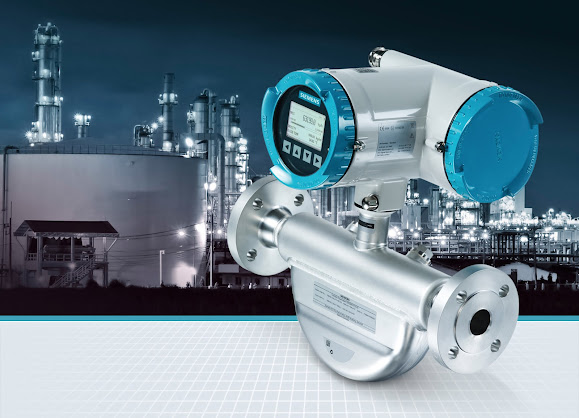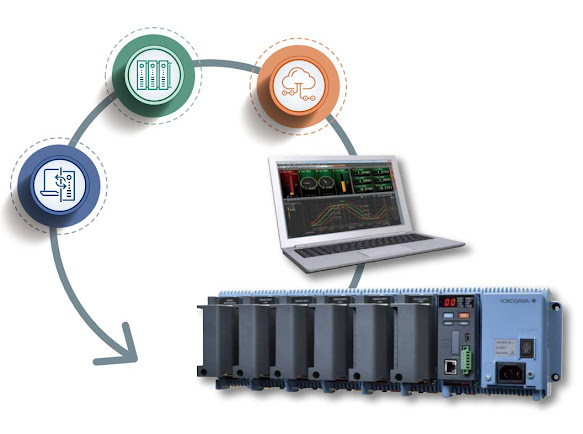Data Loggers: How Do They Work and What Can They Track?
In today's digital age, data logger play a crucial role in various industries by recording and storing data over time. But how exactly do they work, and what kind of information can they track? In this blog post, we will delve into the world of data loggers, exploring their functionality and the wide range of applications they can be used for.
What is a Data Logger?
A data logger is a compact device equipped with sensors that are designed to measure and record data over a period of time. These devices are commonly used in scientific research, environmental monitoring, industrial processes, and more. Data loggers come in various shapes and sizes, ranging from simple standalone units to more complex systems that can be connected to a computer for data analysis.
How Do Data Loggers Work?
Data loggers work by continuously monitoring and recording data from the sensors they are equipped with. These sensors can measure various parameters such as temperature, humidity, pressure, light intensity, voltage, and more. The data is typically stored in the internal memory of the data logger or transmitted wirelessly to a computer or cloud storage for further analysis.
What Can Data Loggers Track?
Data loggers can track a wide range of parameters depending on the type of sensors they are equipped with. Some common applications of data logger include:
Temperature: Data loggers can track temperature variations in environments such as warehouses, laboratories, and refrigeration units.
Humidity: Monitoring humidity levels is crucial in industries such as agriculture, food storage, and HVAC systems.
Pressure: Data loggers can measure pressure changes in industrial processes, hydraulic systems, and weather monitoring.
Light Intensity: Tracking light levels is essential in areas such as photography, greenhouse management, and solar energy systems.
Voltage: Data loggers can monitor voltage fluctuations in electrical systems, battery performance, and power distribution networks.
Benefits of Using Data Loggers
There are several benefits to using data loggers in various industries, including:
Accuracy: Data loggers provide accurate and reliable data measurements over time.
Cost-Effective: Data loggers are cost-effective solutions for continuous monitoring compared to manual data collection methods.
Remote Monitoring: Data loggers can be placed in remote locations for monitoring without the need for human intervention.
Data Analysis: The data collected by data loggers can be analysed to identify trends, patterns, and anomalies for better decision-making.
Applications of Data Loggers
Data loggers find applications in a wide range of industries, including:
Environmental Monitoring: Tracking temperature, humidity, and air quality in environmental studies and conservation efforts.
Healthcare: Monitoring patient vital signs, medication storage conditions, and laboratory equipment performance.
Transportation: Tracking temperature and humidity levels in food transportation, pharmaceuticals, and perishable goods.
Research: Recording data in scientific experiments, field studies, and data collection projects.
Conclusion
In conclusion, data logger are versatile devices that play a crucial role in monitoring and recording data in various industries. From tracking temperature and humidity to monitoring pressure and light intensity, data loggers offer a cost-effective and efficient solution for continuous data collection.
By understanding how data loggers work and the wide range of parameters they can track, businesses and researchers can make informed decisions based on accurate and reliable data.


Comments
Post a Comment